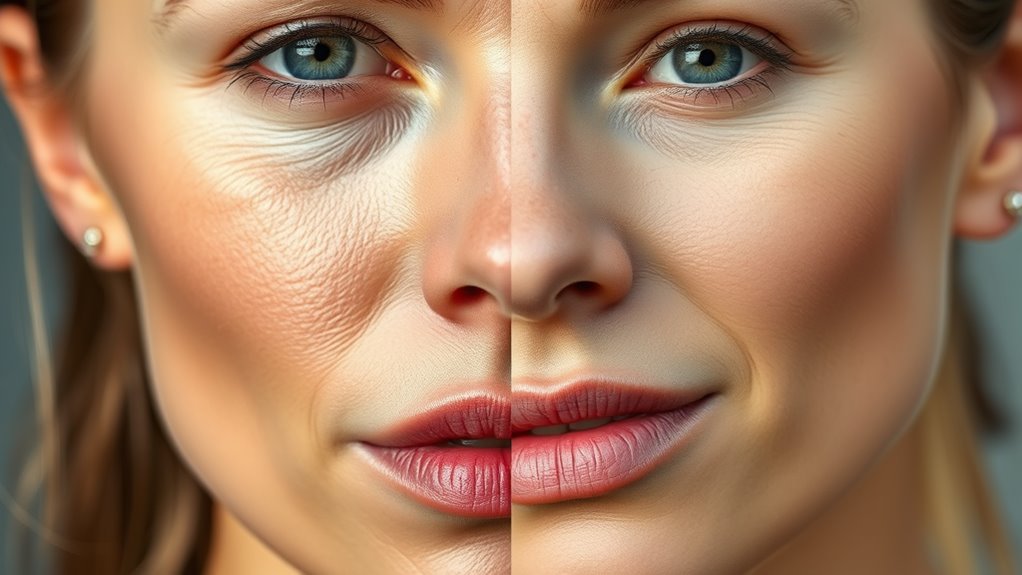How Stress Could Be Destroying Your Skin (And How to Stop It)
Stress is more than just a mental burden; it can significantly impact your skin health. When you’re stressed, your body releases cortisol, leading to increased oil production and skin conditions like acne and eczema. This connection can affect not only your appearance but also your self-esteem. Understanding how stress influences your skin is crucial. So, what can you do to mitigate these effects and restore your skin’s health?
The Connection Between Stress and Skin Health
Stress can significantly impact your skin health, manifesting in various ways that may surprise you.
When you’re stressed, your body releases cortisol, which can lead to increased oil production, resulting in acne and other skin issues.
Additionally, stress can impair your skin’s barrier function, making it more susceptible to irritants and allergens.
You might also notice that stress exacerbates existing skin conditions like eczema or psoriasis.
Furthermore, stress can hinder the skin’s healing process, prolonging recovery from injuries. Moreover, stress-induced breakouts can be managed effectively with relaxation techniques and lifestyle changes.
Common Skin Issues Caused by Stress
Increased cortisol levels from stress can lead to several common skin issues that many people experience. These issues often manifest as physical symptoms, affecting your overall appearance and self-esteem.
| Skin Issue | Description |
|---|---|
| Acne | Stress triggers excess oil production, leading to breakouts. |
| Eczema | Increased inflammation can exacerbate skin conditions like eczema. |
| Psoriasis | Stress can worsen psoriasis flare-ups, causing discomfort and irritation. |
Recognizing these stress-related skin problems is the first step towards addressing them. By identifying the connection, you can take informed action to protect your skin health. Additionally, understanding how stress disrupts skin processes can empower you to implement effective strategies for improvement.
Effective Strategies to Manage Stress for Better Skin
How can you effectively manage stress to improve your skin health?
Start by incorporating regular physical activity into your routine; exercise releases endorphins, reducing stress levels.
Mindfulness practices, such as meditation and deep-breathing exercises, can also help calm your mind.
Prioritize sleep, aiming for 7-9 hours each night, as rest is vital for skin repair.
Maintain a balanced diet rich in antioxidants to combat oxidative stress.
Lastly, establish a supportive social network; connecting with others can alleviate feelings of isolation. Additionally, consider implementing effective tips for stress acne to further enhance your skin’s resilience during challenging times.





